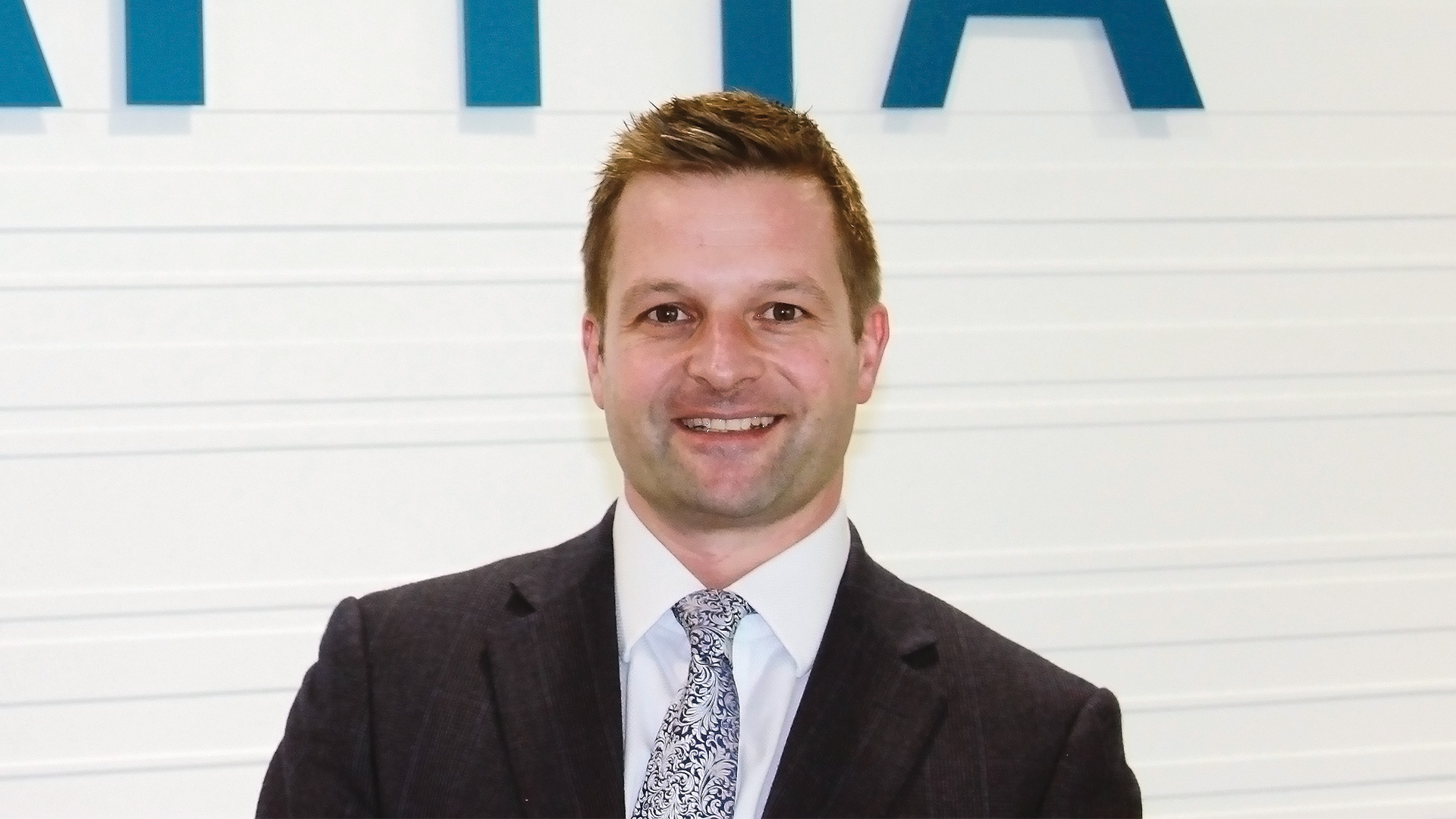
Currently the Deputy Treasurer at Capita, a leading UK outsourcing firm, Matt Cornwall entered the treasury profession seeking a challenge and the desire to be involved in the commercial heart of the organisation. Here he outlines his role today and his thoughts on the treasury profession.
Describe your roles and responsibilities at Capita.
My current role within the organisation is comprised of three key tenets.
Firstly, I am a consultant to the business. The treasury provides financial support to over 200 companies within the group and I can take a call from any of these asking for advice at any time and on all manner of topics. This is a challenging role as you do not know what will be coming next, but I enjoy the variety it offers.
The second key part of my role is leading the treasury’s M&A funding and integration work. Capita is quite unique in the fact that the company conducts around 10-15 M&A transactions a year, on average. So not only does treasury have to find the cash to make these purchases, we also have to integrate these companies into our organisation and mitigate any risks. It is a challenge because of the sheer number of companies that we are buying and it has been vital to make sure that we are as efficient as possible in our work.
Finally, I look after the bank relationships for the organisation. I suspect this is a similar role to many other treasury professionals but it is interesting to hear what the banks are doing and how they are looking to improve the products and services they offer the corporate community. I would say that on the whole I am happy with our banks and I have developed some great relationships with them, but there is always more that they could be doing!
What skills have you had to develop in order to fulfil these roles?
Core operational skills, of course, are key. But what has become increasingly important for the corporate treasurer are soft skills. Treasury is now talking to a wider range of people, not just financial professionals so it is important to be able to effectively communicate.
I believe that empathy is key here and it is vital that you understand your audience, their knowledge base, their drivers and their needs. It is then incumbent on the treasury to explain complex issues in a simple and succinct fashion.
Without these skills, it would be hard to be successful in my role.
How has the Capita treasury department worked in recent years to help support the growth of the company?
As previously mentioned, Capita is growing in size and complexity because of our large amount of M&A activity. Treasury has had to mature as a result, and quickly, to be in a position to support the growth.
Since I joined, I have been involved in many projects ranging from the implementation of a treasury management system, the development of a highly efficient straight through payment process using SWIFT, the building of multiple cash pools and the roll-out of a corporate card programme.
The hard work has been worth it though; treasury is now perceived as one of the key finance departments within the organisation.
What impact is technology having on the role?
Technology is fundamentally changing the treasury profession in numerous ways. And whilst the vast majority of this change is positive, I do foresee some negative effects of technology. For instance, there is a danger that future generations may become over-reliant on technology and forget the fundamentals of the role. Take FX dealing as an example: a decade ago this was completed over the phone and required some technical understanding. Today, this can be completed automatically through an online platform without the need for specialist skills.
Within our organisation we ask junior members of the team to sometimes complete FX dealing over the phone so that they can better understand the complexities of the buy and sell side. Technology is great to improve things, but it is important that the profession doesn’t lose sight of the fundamentals.